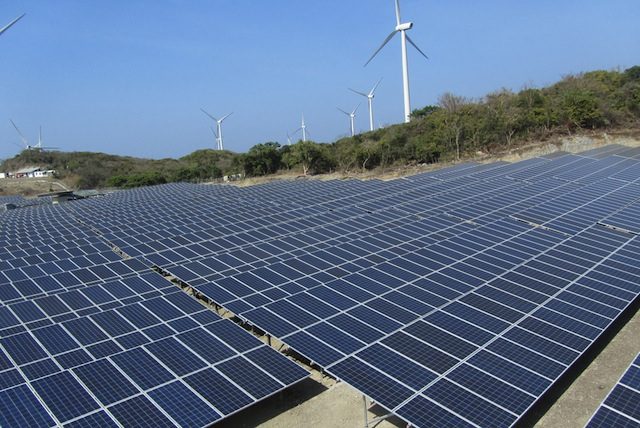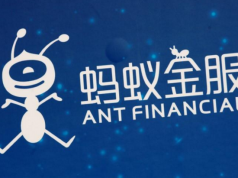
MANILA – Swiss buyout firm Partners Group has wrapped up its first investment in the Philippines — a stake in a business process outsourcing firm — early this year and is hungry for more deals.
“We don’t need to wait and see how this works out. We want to invest more,” Cyrus Driver, managing director at Partners Group, said during the 3rd AVCJ Private Equity & Venture Forum — Philippines 2017 in Makati City last week.
The Philippines — once dubbed as the “Sick Man of Asia” — is a market foreign investors cannot ignore, thanks to a fast-growing economy. A population of more than a hundred million, rising middle class and investment grade credit rating are adding to the allure.
The biggest hurdle to investing in the Philippines, private equity (PE) investors said, is not the regulatory environment, which has “technical issues but nothing that’s insurmountable,” nor the political landscape, which is deemed relatively “stable.”
“On the buyout side, in those Southeast Asian countries including the Philippines where [there are] large conglomerates and families, the opportunity for institutional capital to buy a business has become very limited,” Mr. Driver said.
A handful of influential families have woven intricate webs across various sectors of the Philippine economy given their diverse interests from power, media and manufacturing to real estate and infrastructure.
Conglomerates have seemingly built an impenetrable wall, forcing foreigners to settle for bite-size deals in the range of $10 million to $20 million. For other global investors, these transactions are simply too small to merit their time and attention.
The low interest rate regime has fuelled waves of mergers and acquisitions (M&A) that further cemented the conglomerates’ control of the local market and incentivized them to explore opportunities in new territories. Even small businesses can turn to cheap capital instead of tapping PE funding.
Amid the dearth of available assets, foreigners keen on riding the country’s economic growth momentum are forging joint ventures with conglomerates or securing minority interests in their subsidiaries.
“Joint ventures have the propensity to fail. They are very complex,” said John Spence, regional head for M&A and strategy at insurance company Generali Asia.
“They are very complex to continue to manage. We certainly don’t like being a minority as we think we know the business pretty well as we do it in certain countries,” he added.
While valuation will be part of any negotiation, M&A talks will be a lot easier if foreign investors can demonstrate how they can add value and strengthen the business — an expansion to a new market, adoption of more advanced technology or upgrading research and development capability, said Michael H. Guarin, partner at KPMG Philippines.
“We try to come up with a tailor-made investment for every different situation, try to cater to needs of family groups and the needs of the business. From there, we align our interest so there’s no conflict in what they want to do and what we are supposed to do for our investors,” said Chris Teoh, executive director at TAEL Partners, an investment firm focusing on Southeast Asia.
Still, working with family-run conglomerates has its advantages. They offer sufficient checks and balances, longevity of capital and diversified exposure to various businesses.
“M&A is a marriage. It’s not a one-night stand… You’re in so you have to make it work,” said Adrian Teng, group finance director of Jardine Cycle and Carriage Limited.
The Jardine Matheson Group has extensive presence in the Philippines, including a stake in Rustan Supercenters, Inc. and Cebu-based Rose Pharmacy.
Opportunities may be rare, but the Philippines is beginning to open up to PE money.
Early this month, companies managed by Macquarie Infrastructure Management (Asia) Pty Ltd, Singapore Branch, and Singaporean sovereign wealth fund GIC completed the acquisition of 31.7% of Lopez-led Energy Development Corp. through a $1.3-billion tender offer.
Reforms are on the way to provide more opportunities for international investors to participate in the economy, with the revival of the real estate investment trust and relaxation of foreign ownership limits in some sectors.
As conglomerates become bigger, there may be a need to focus on their core businesses and divest non-core assets that can be acquired by foreigners. Businesses may also take in partners for overseas ventures to gain access to their expertise and spread the risks.
“The question at the end of the day is to find executable and transactable transactions. We can have a wish list of sector and companies we like to invest in but is it really doable? Are they really willing to open up and let us come in? That’s the difficulty of deploying capital,” JCCI’s Mr. Teng said.









